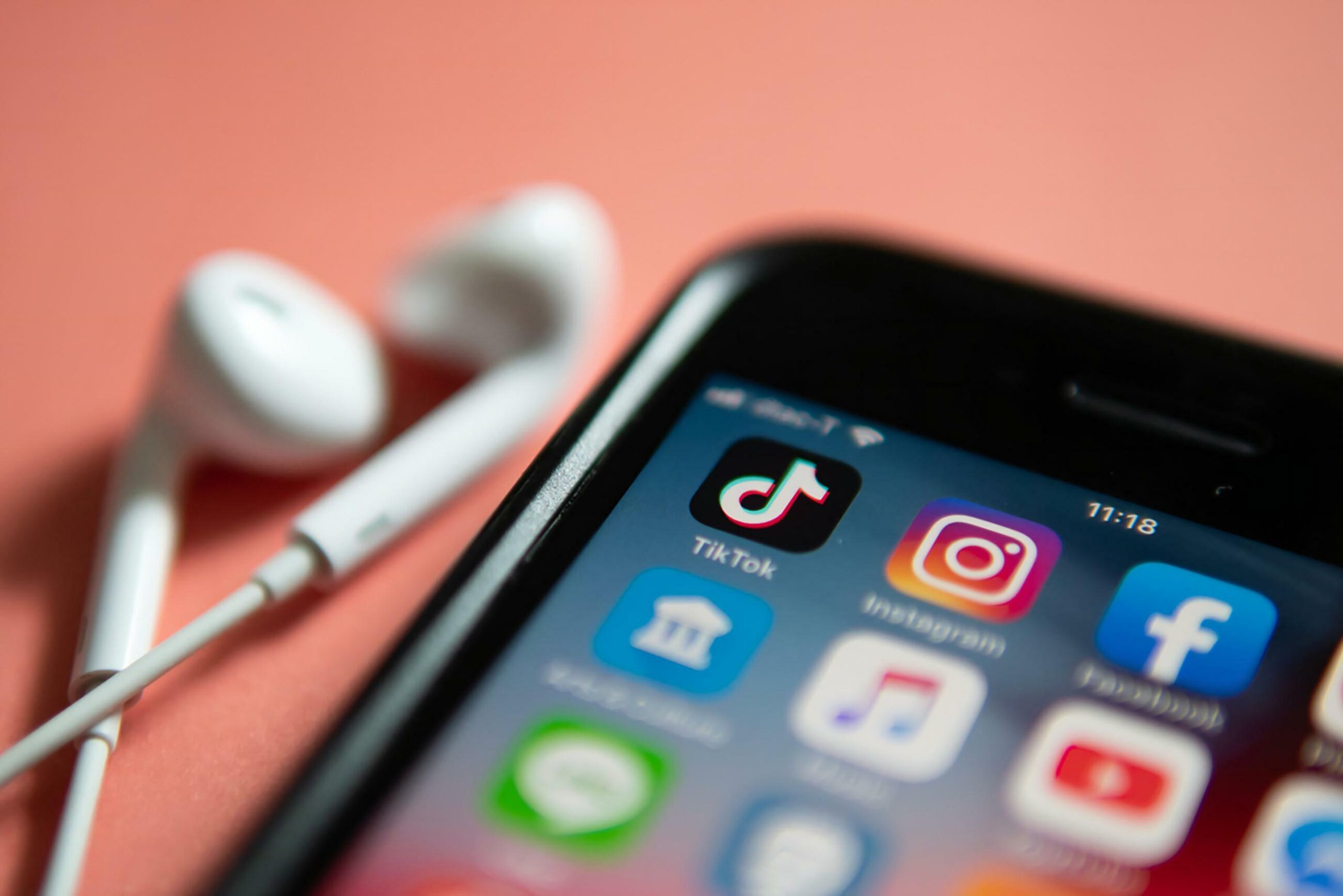
The TikTok Ban Debate: Balancing Privacy and Security

Questions?
We can help! Talk to the Trava Team and see how we can assist you with your cybersecurity needs.


We can help! Talk to the Trava Team and see how we can assist you with your cybersecurity needs.